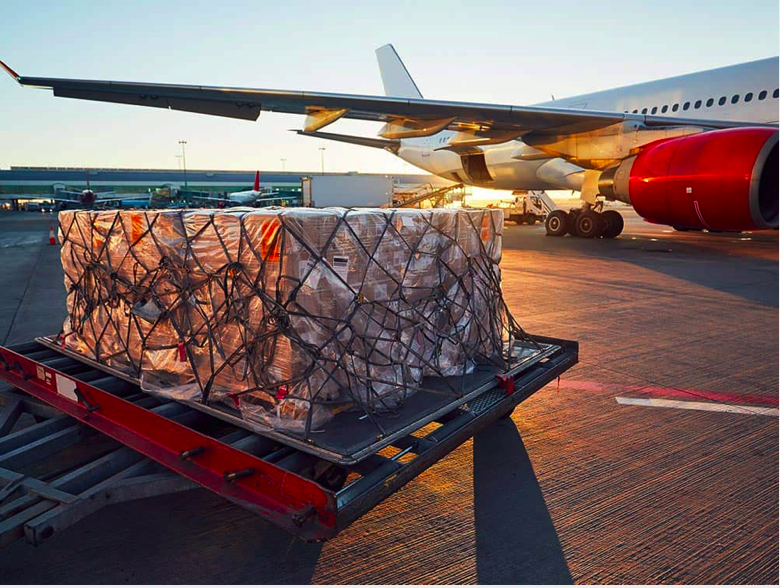Transportation is an essential aspect of modern society, enabling the movement of people, goods, and ideas across vast distances. From the earliest forms of transportation, such as walking and animal-drawn carts, to the advanced systems we have today, the advantages of transport have shaped the world we live in. In this blog post, we will delve into the multifaceted advantages of transportation, exploring its impact on various aspects of our lives.
- Economic Advantages:
Transportation plays a pivotal role in driving economic growth and development. It facilitates trade and commerce by connecting producers with consumers, enabling the exchange of goods and services. The efficient transportation of raw materials to manufacturing facilities and finished products to markets ensures a smooth supply chain, reducing costs and increasing productivity. Additionally, transportation infrastructure projects create jobs and stimulate economic activity in both urban and rural areas. - Social Advantages:
Transportation enhances social connectivity by bridging geographical distances and fostering cultural exchange. It enables individuals to access education, healthcare, and other essential services that may not be available locally. Moreover, transportation networks facilitate social interactions, allowing people to visit friends and family, attend events, and explore new places. This social cohesion contributes to a sense of community and overall well-being. - Environmental Advantages:
While transportation is often associated with negative environmental impacts, such as air pollution and greenhouse gas emissions, advancements in technology and infrastructure have paved the way for more sustainable transportation options. Electric vehicles, public transportation systems, and cycling infrastructure help reduce carbon footprints and promote cleaner air quality. Additionally, efficient logistics and transportation planning can minimize fuel consumption and congestion, leading to a greener and more sustainable future. - Cultural Advantages:
Transportation enables the exchange of ideas, knowledge, and cultural practices between different regions and societies. It facilitates tourism, allowing individuals to experience diverse cultures, traditions, and cuisines. Furthermore, transportation plays a crucial role in preserving cultural heritage by providing access to historical sites and museums. The ability to travel and explore different cultures fosters understanding, tolerance, and appreciation for diversity. - Personal Advantages:
Transportation provides individuals with freedom and mobility, enabling them to pursue opportunities and improve their quality of life. Commuting to work, traveling for leisure, or relocating for better prospects are all made possible through transportation. Moreover, efficient transportation systems save time and reduce stress, enhancing personal well-being and work-life balance.
Conclusion:
Transportation is a cornerstone of modern society, offering numerous advantages that extend beyond mere physical movement. From driving economic growth and social connectivity to promoting environmental sustainability and cultural exchange, the benefits of transportation are far-reaching. As we continue to innovate and invest in transportation infrastructure, it is crucial to prioritize sustainability, accessibility, and inclusivity to ensure a brighter future for all.




More Stories
What Makes the Electric Farm ATV Vehicle a Serious Tool for Off-Road Terrain?
Door to Door International Container Shipping as Foundation for Predictable Global Trade
Discover the Advantages of TOPSTAR Electric Bikes for Commuting: Reviews Inside!